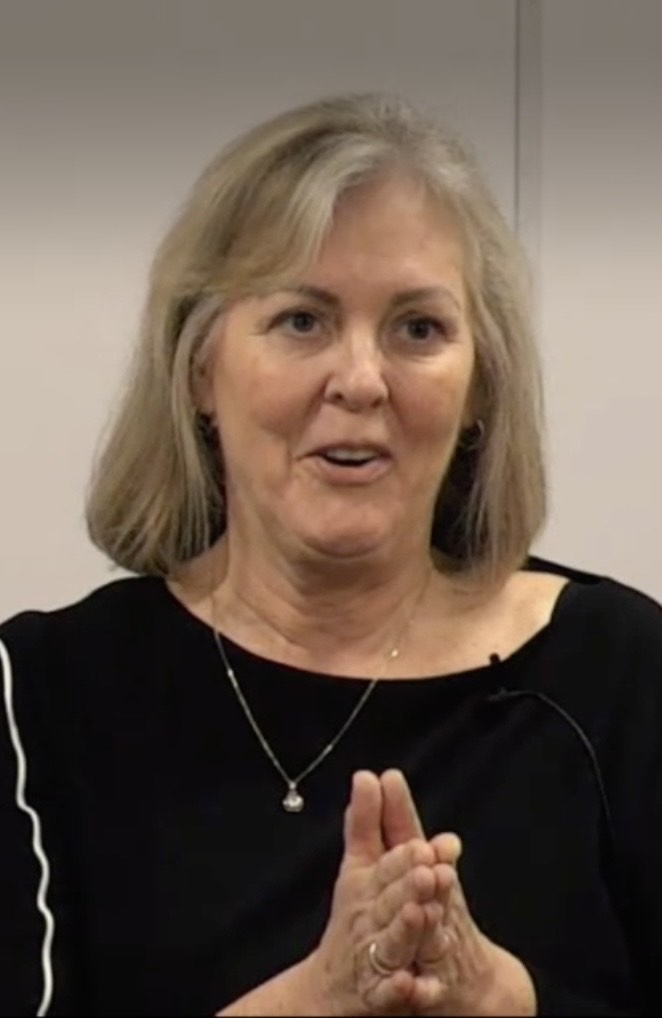Mary Canel
University Freshmen Views of Title IX Mandate
2022
Abstract
Universities worldwide struggle to confront student allegations of non-consensual sexual contact (NCSC). This research looks at views of the most at-risk population, students in their first year at the university, freshmen, about a federally mandated response to public accusations that schools conceal reports to protect their reputations. United States activists claim that university inaction results in the breach of Title IX civil rights to receive an education free of sexual harassment and gender-based discrimination. The Title IX Mandate compels employees of U.S. federally funded schools to report disclosures of NCSC to a designated responsible university official. The traditional top-down legislation imposes a one-size-fits-all standard that may exclude student voices and undermine their autonomy, although well-intended. This qualitative participatory action research study is grounded in social constructionist theory. It employs Appreciative Inquiry (AI), a social constructionist application, to facilitate a student-informed inquiry. The survey about the sensitive topic of NCSC includes an informational student-created video about the responsibilities of university faculty and staff when students tell them about experiences of sexual coercion. The AI framework is a strengths-based, solution-finding method that diverse cultures can apply to all levels of conflict. The premise of the research is that university communities can facilitate meaningful and restorative solutions consistent with goals of higher education to promote autonomy and ensure the benefits and opportunities of education for all students. The primary study goal is to examine views of university freshmen about the effects of the federal Title IX Mandate on disclosures of non-consensual sexual contact (NCSC). The research allies cutting-edge qualitative text and sentiment analysis using R analytics to delve into the underlying attitudes of university freshmen about NCSC. Study results indicate that 18-year-old students want universities to take a directive approach when handling disclosures of NCSC. Nineteen and 20-year-old freshmen report they prefer to exercise more control over the process of how their disclosures are managed. Sentiment analysis shows that freshmen feel empowered when schools provide resources and information about NCSC. Older freshmen indicate they would engage in professionally supported confrontation with the person or persons who force NCSC. Implications are that students want universities to offer choices about confronting their coercers. Institutions of higher education are equipped to facilitate age-pertinent, solution-finding processes such as Appreciative Inquiry to develop restorative ways to intervene with reports of NCSC. Offering alternative Restorative Justice pathways to confront coercers of NCSC is vital for young adult students to use their voices and reclaim dominion over their lives… lives all too often destroyed by the conflict of non-consensual sexual contact.

